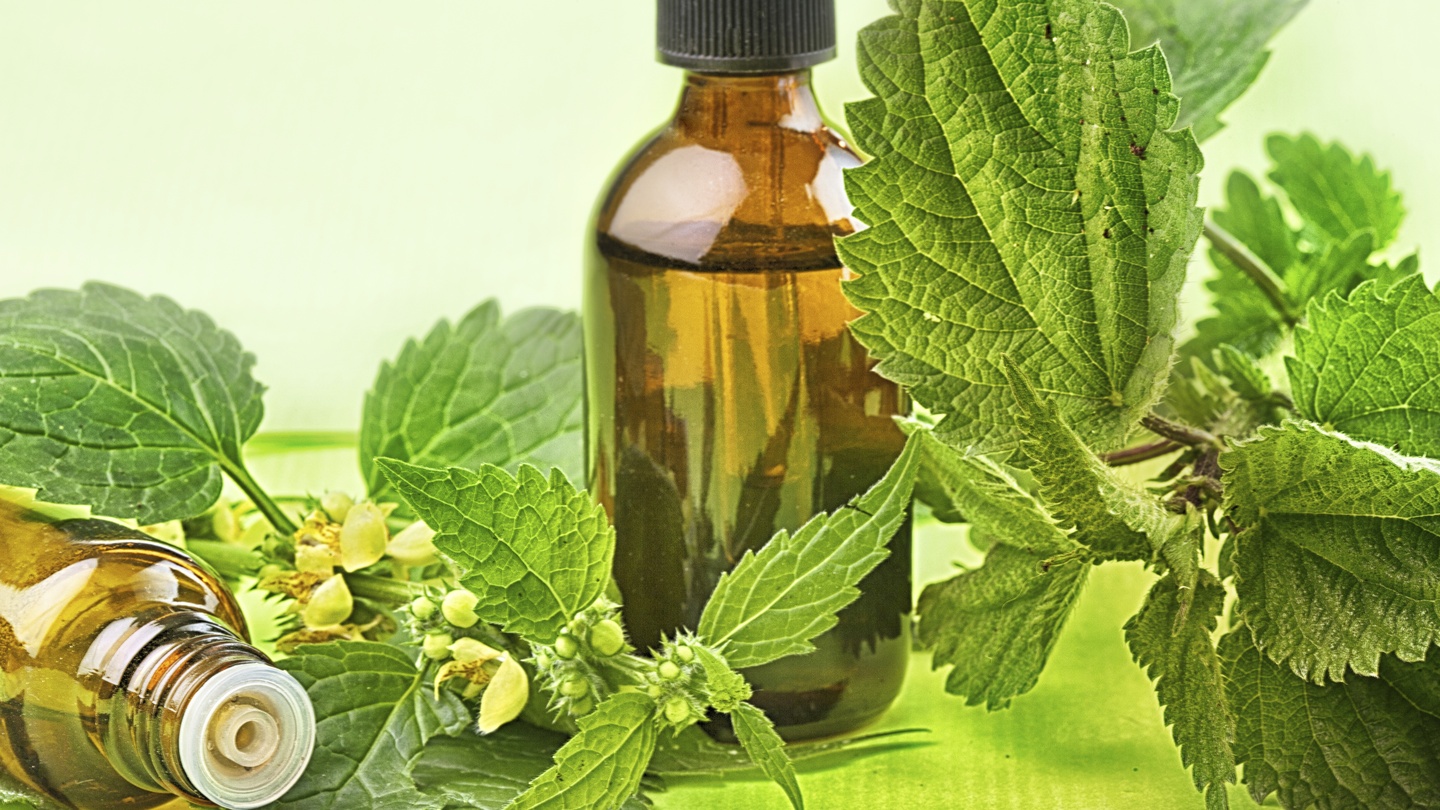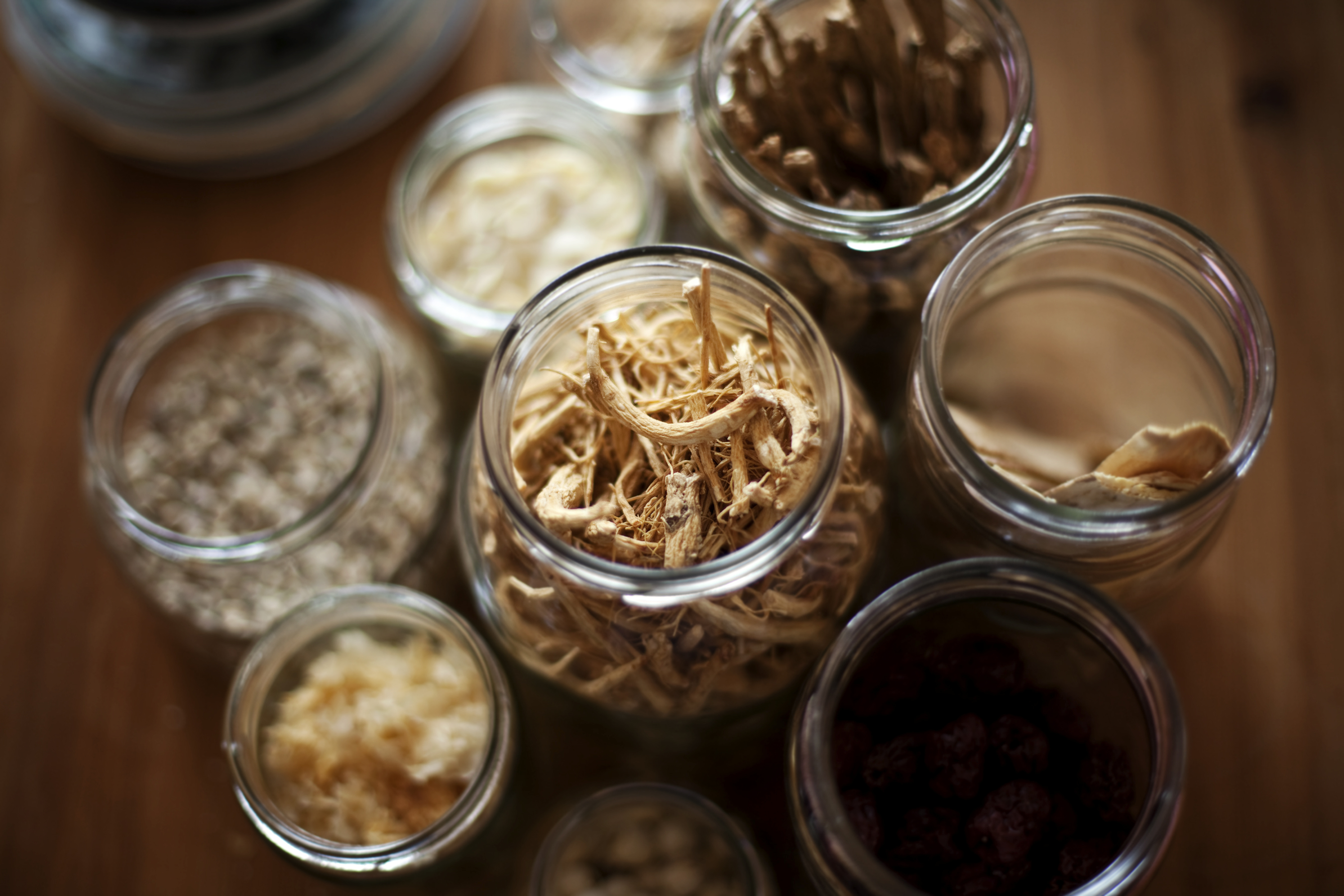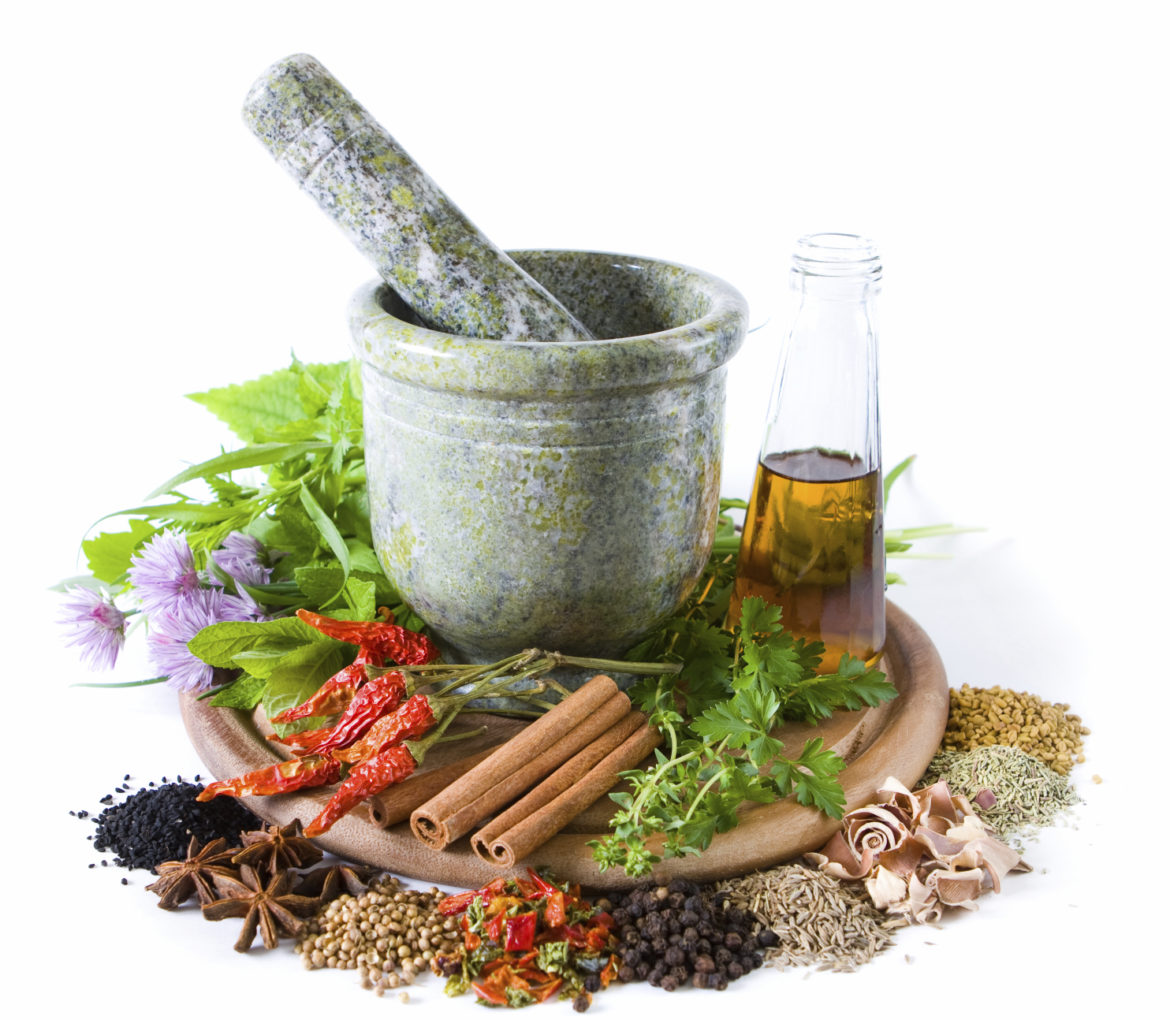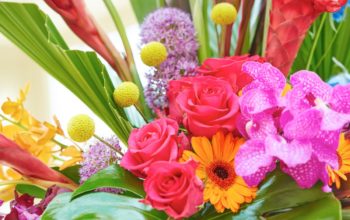Herbal Medicine – What are Herbalists, Herbal medications, and Herbal Treatments?
Based on the plants, herbal medicines are made from dried and fresh herbs. Preparation of the herbal medicines includes different parts of the plants, such as roots, flowers, or leaves, since the different parts have different chemical constituents. When preparing this kind of medicines, herbalists are using extraction methods specified for the certain plant, desired result (medicine effect), and the part of the herb.
Production of the herbal medicines is also regulated with laws, as the production of any kind of medicines. Therefore, they have to be up to certain standards, to be approved for selling on the market. Since these medicines are plant-based and don’t contain artificial substances, it might take some time for them to start causing effects, longer than orthodox dr*gs. Comparing to he orthodox dr*gs, herbal medicines has much less or non-side effects.
Water-based Herbal preparations
Syrups: Plants are incorporated into a sweet and thick liquid for a certain period of time
Infusions: Herbs are steeped into boiling water, mostly aerial parts of dried or fresh herbs
Lotions: Decoctions or infusions are delivered in a smooth liquid preparation
Decoction: Herb’s parts made of the harder material are being boiled for the longest time on the stove (longer than infusions)
Compresses: Hot or cold infusion or decoction are used to make a soft cloth wrung, which is applied to the affected area
Poultices: Used for localized healing, moistened plants are kept in place by a cloth

Oil-based Herbal preparations
Infused oils and ointments are used externally.
Alcohol-based preparations
Tinctures: Herbal preparations based on alcohol. They have their non-alcoholic versions like vinegar or glycerites.
Other preparations
Creams, Powders, Gargles and mouthwashes, Baths and skin washes, Juices, Pessaries, and suppositories, etc.
Herbal Medicine – A First Aid Tool?
Herbal medicines were a first aid tool, way before the modern medicine brought us the first aid kit we know today. Burns can be treated with lavender oil, and you can also rub dock leaves onto nettle stings. It is well-known that herbs are being used for a wide range of acute conditions, insect bites, headache or even much serious injuries.
Who is an Herbalist?
Qualified Medical Herbalists are individuals who are able to prescribe herbal medicines to be used, along with other treatments and medication, which means they need to have exact diagnostic skills as a GP. They refer to traditional uses of different herbs, supported by modern scientific trials and studies. To become a qualified herbalist, an individual has to study orthodox and plant medicine and to have a BSc or equivalent in Herbal Medicine.
Consultation with a Medical Herbalist
Herbalist has to treat each patient differently since there are no two same patients. Therefore, during the first consultation, a Medical Herbalist will need to get some information about you and your health picture. First is taking your full case history and the medical history of your family. Following, Herbalist will discuss your lifestyle and your diet, as well as the medications you use. Herbalist might also take your blood pressure and arrange other tests to be done.
Based on the gained information, Medical Herbalist will prescribe you certain Herbal medicines or treatments. Herbalist might also get you with another appointment, to follow your progression.

Treatment with Medical Herbalist
Herbal medications and treatments can be used by anyone responding well to the effects of the herbal medicines, no matter the age. The following conditions can be treated by Medical Herbalist:
Skin
Circulation and Heart
Joints and Bone
Allergy
Hormone Health
Energy and Stamina
Fertility, Pregnancy, and Childbirth
The Immune System
Emotional Health
Nutrition and Nourishment
Fatigue Syndrome
Digestion
Do I have to tell Specialists and my GP that I am consuming Herbal medicines?
It is essential that you share with your GPs this information. You have to tell your GP what kind of Herbal Medicines and supplements you are taking since your GP is working with another type of dr*gs.
herb/dr*g/supplement/food interactions. Your Medical Herbalist is aware of the difficulties involved and will provide information on request and with your permission will liaise with any of your other healthcare providers. See also Herbs and Dr*gs and Information Service
Medical Herbalists often work alongside, and in co-operation with, a wide range of practitioners, including conventional healthcare professionals, and this is something that we are keen to continue and develop.
Can pharmaceutical dru*gs and herbal medicines be used together?
Although the combination of pharmaceutical dr*gs and herbal medicines can give great result in many cases, there are some situations where this combination can have negative effects. That is why is necessary to consult your doctor before taking any kind of medication, herbal or pharmaceutical.



